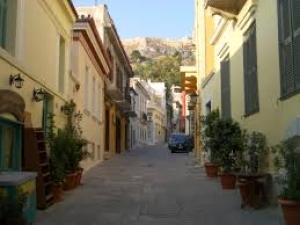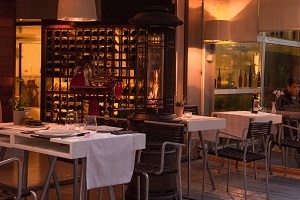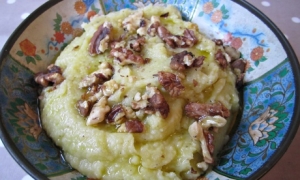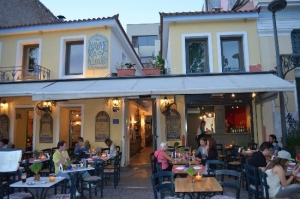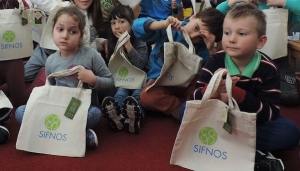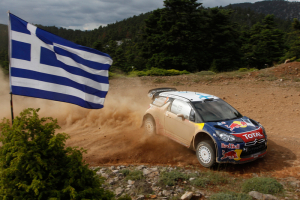My decision was made easy when I discovered my local greengrocer brimming with cyprus potatoes. Bright with the distinctive red soil still clinging to their skins, these are a fantastic variety of spuds and I look forward to them coming into season. They're earthy in flavour, pale and fluffy when cooked – they make terrific mashed potato.
With creamy smooth and garlicky top of my gastronomic checklist, my skordalia ticked all the boxes. Served at room temperature, this pale whippy dip was demolished by all three daughters. A respite from hummus, but for how long?
(Serves 4 as mezze/side dish)
500g floury potatoes, such as cyprus, washed but not peeled
2 cloves of garlic
140ml olive oil (and 10ml extra for serving)
Juice of a small lemon
Salt & pepper
80g finely crushed toasted flaked almonds or walnuts to sprinkle on top (optional)
Skordalia must be absolutely smooth – use a potato ricer to mash the potatoes or push the cooked potato through a sieve with the back of a spoon.
Boil the potatoes with their skins on in plenty of salted water. Once cooked, drain and, when cool enough to handle, peel them from their skin.
Crush the garlic with a pinch of salt into a paste. Push the potatoes through a sieve, mouli or a potato ricer and add the garlic paste.
Beat in the oil and lemon juice – bit by bit – into the potato mix. Check the mix for salt and pepper.
If the skordalia is a bit too thick (it should be the consistency of hummus) thin with a bit of hot water.
If using the nuts, spread the skordalia onto a plate or bowl and sprinkle the nuts on top.
Add the extra trickle of olive oil to serve.
By Claire Thomson



